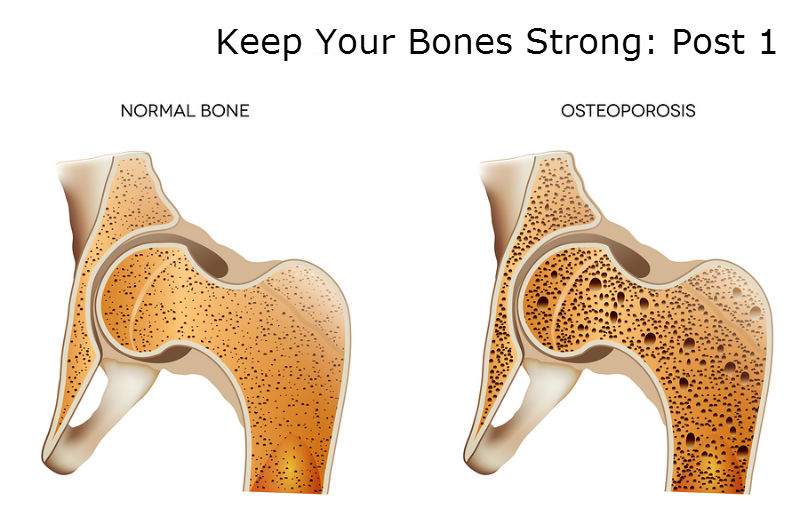We tend to think of our bones like rocks, stable and unchanging, but our bones are continually being broken down and rebuilt just like our skin or muscle tissue. Before weight loss surgery, bones have become strong and dense to support excess weight. After surgery, bones tend to lose strength and density, because they are not supporting as much weight, nutrient intake decreases, and absorption may be hindered due to less stomach acid (bypass and sleeve) and less intestinal absorptive area (bypass).
Keeping your bones strong and healthy requires adequate intake of calcium and vitamin D. These nutrients should be obtained from the foods and beverages that you choose each day, from supplements, or from a combination of the two. Add up your calcium and vitamin D intake below to insure that you are getting the recommended amounts needed to keep your bones strong.
Supplement Tips
- Calcium carbonate supplements are best absorbed when taken with meals–no more than 500 mg of calcium at one time.
- Calcium carbonate and calcium citrate are both good sources of calcium. Calcium carbonate has two times the calcium (by weight) than calcium citrate, so fewer or smaller tablets are required. Calcium citrate is better absorbed (20% greater absorption than calcium carbonate) when low stomach acid is present. Either form of calcium supplement will help you meet your body’s requirement.
- Regular weight bearing exercise, such as walking or strength training, helps to keep your bones strong.
- Adequate Vitamin D allows the body to absorb and utilize calcium. Vitamin D is activated by exposure to sunlight and is found in fortified foods and dairy products.
- When calcium is taken in a chewable or liquid form, it may be absorbed more easily.
- Excessive alcohol consumption and smoking decrease bone density.
- Calcium can interfere with the absorption of iron. Take iron supplements separately, between meals if tolerated.


